Speaking after a working dinner of the foreign ministers of the NATO-Ukraine council, Peter Szijjarto said that his Ukrainian counterpart, as usual, had requested further sanctions, weapons and financial support, and many participants seemed committed to pursuing the failed strategy of the past three and a half years."
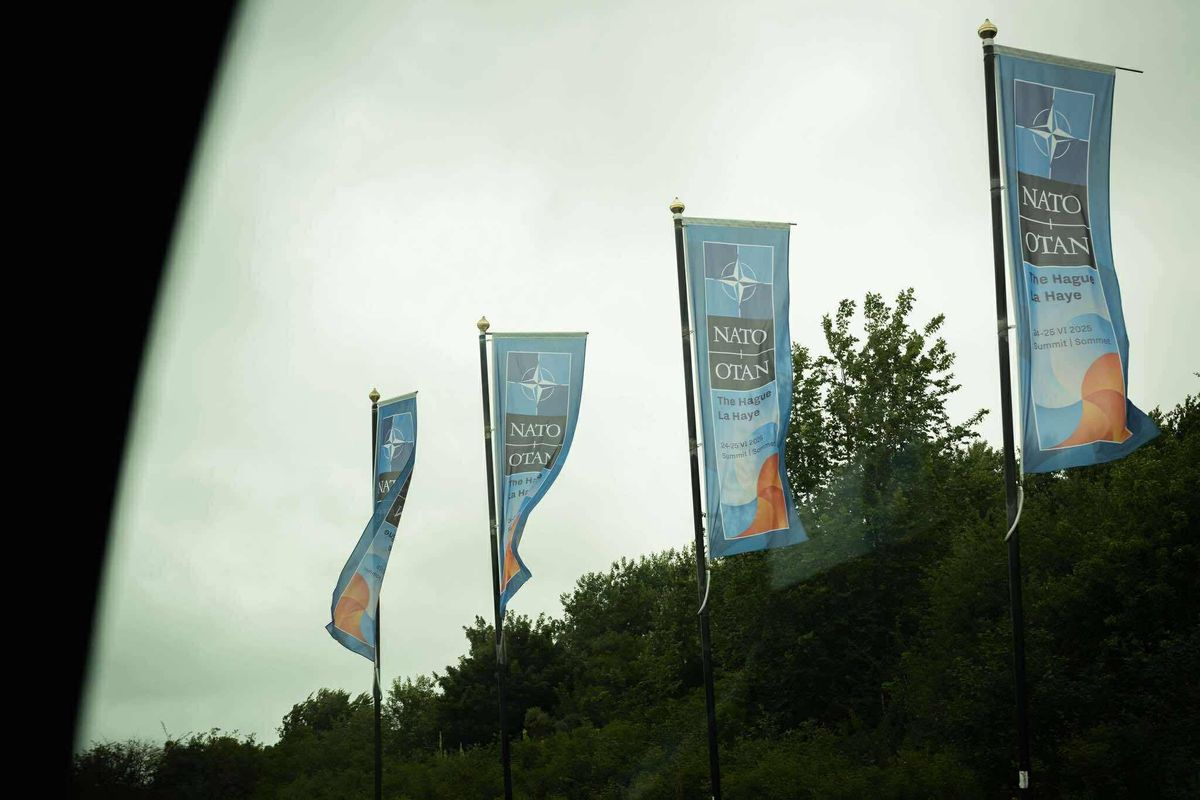
This strategy, pursued and continued by pro-war forces, has only further deepened the conflict, prolonged the war, and distanced the hope for peace while at the same time basically killed Europe's economic competitiveness, he warned.
Meanwhile, he welcomed the assessment from his American counterpart, which he described as highly realistic and factual. He said that Marco Rubio once again confirmed the United States' commitment to achieving peace.
Many have tried to undermine Donald Trump's peace efforts in many ways in the past months, but his sustained commitment has now been proven and that Washington sees dialogue and diplomacy as the most important tool in resolving the situation, he said.
"It was clearly stated that there is no military solution to this war. The solution lies at the negotiating table," he added.
Peter Szijjarto also pointed out that Hungary, a neighboring country, has been living next to this armed conflict for more than three years now, facing its negative consequences for more than three years, and has therefore been calling for a ceasefire and peace talks for more than three years.
Hungary has been pushing for a ceasefire and peace talks "even when we were brutally, politically attacked, criticized and lectured for that, he added.
With Donald Trump's return, all that has changed (...) words such as 'ceasefire' and 'peace talks' received a place at the table, and we can talk about them without the threat of being criticized,
he said.
He went on to thank the U.S. president for bringing the hope of peace closer and for once again initiating direct talks with Russia.
"We in Central Europe know full well that if there are direct U.S.–Russia negotiations, it makes the world a safer place, and makes Central Europe safer in particular," he stressed. He also stated that after the failures of recent pro-war policies, only Donald Trump can bring peace.
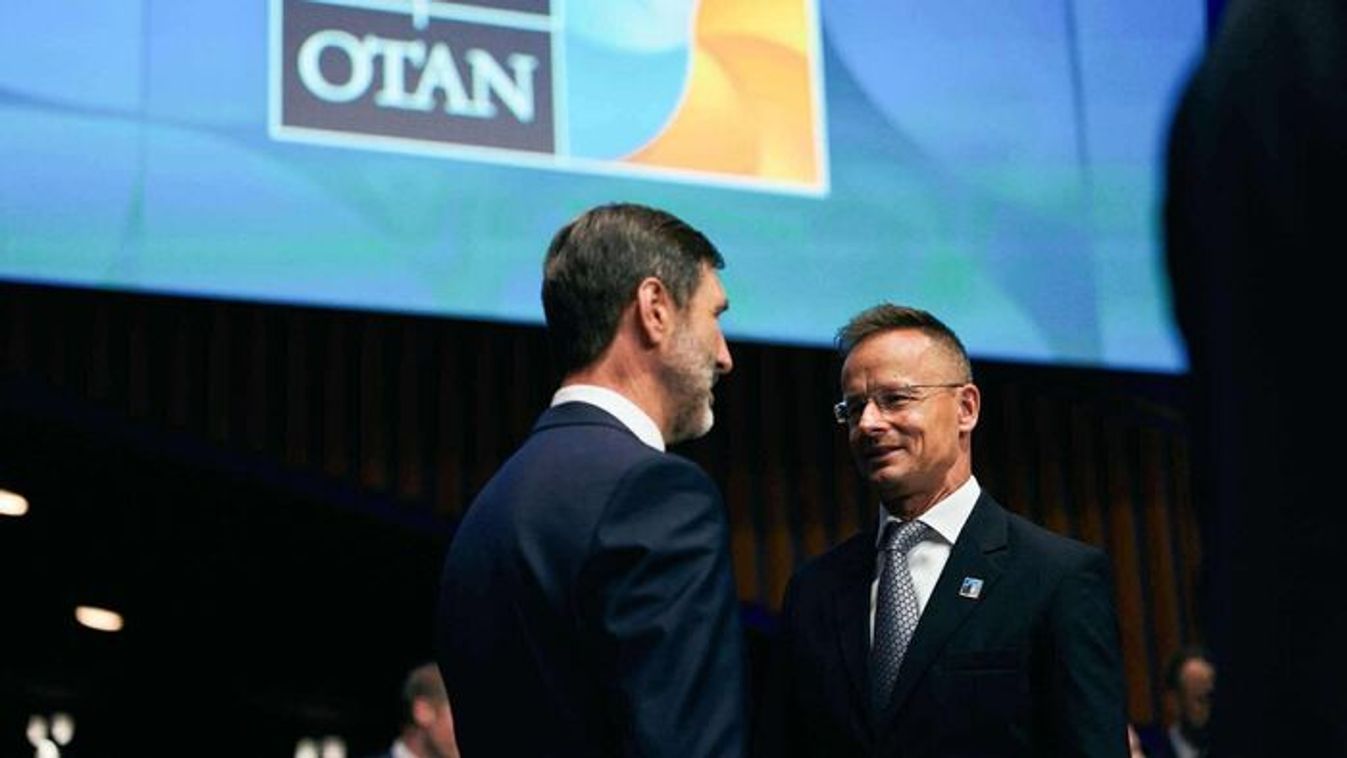
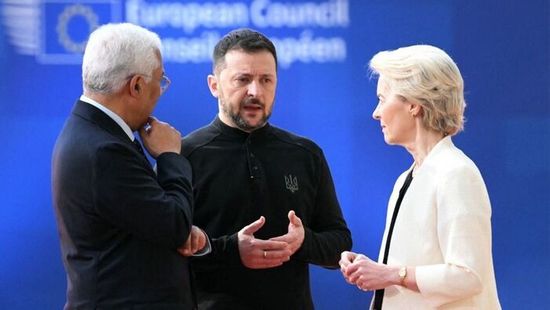
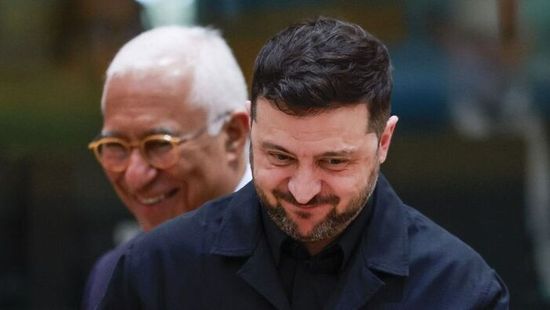
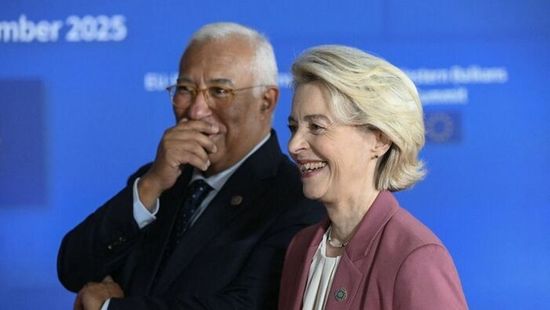
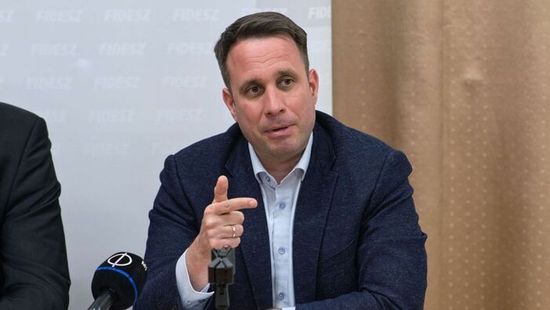

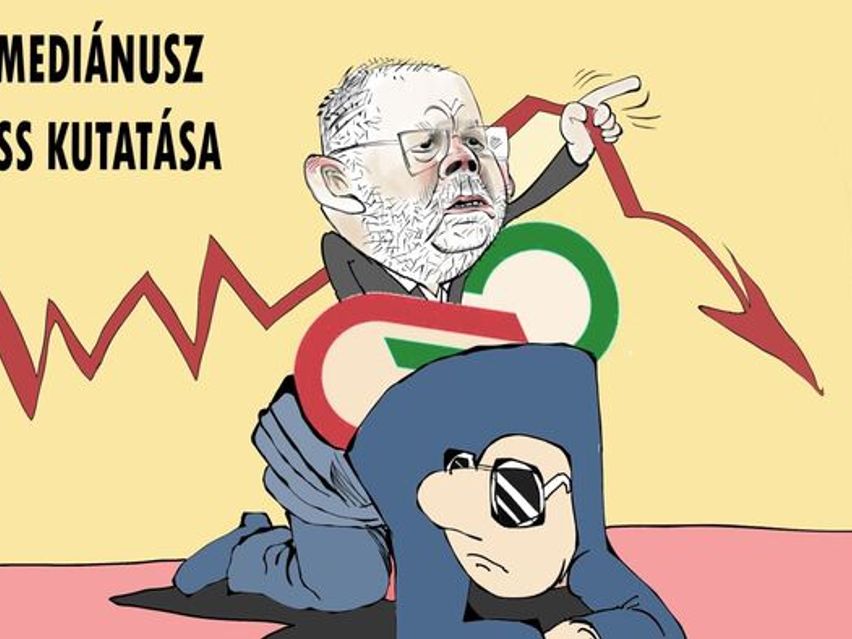
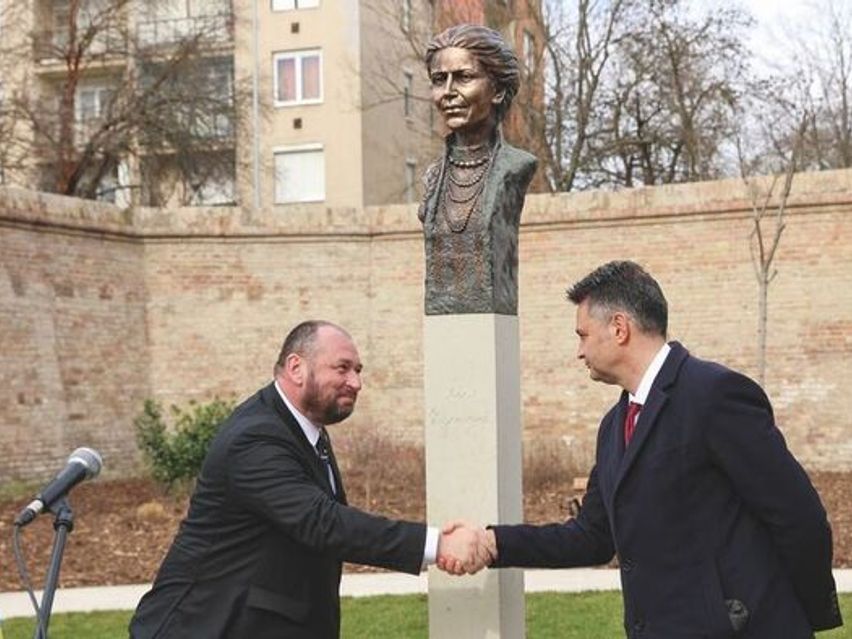
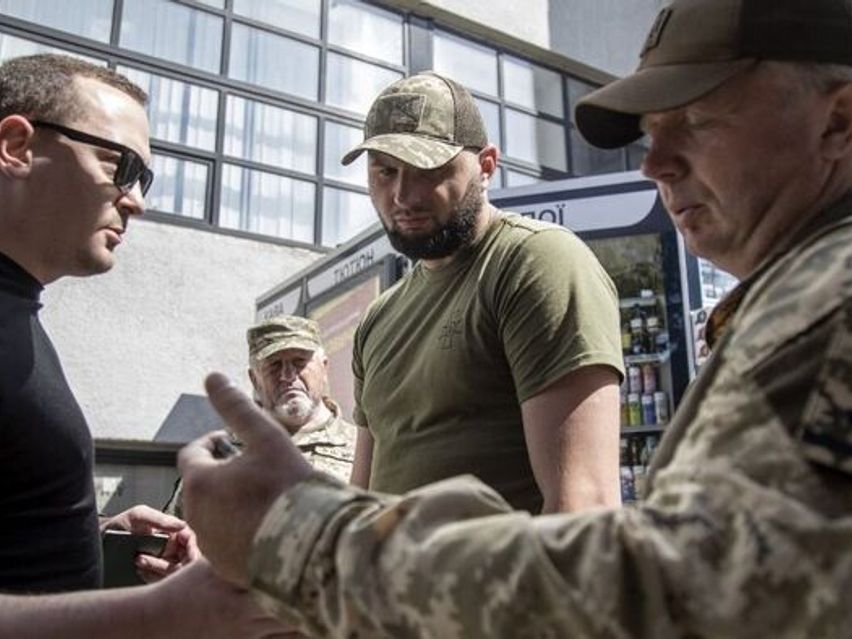


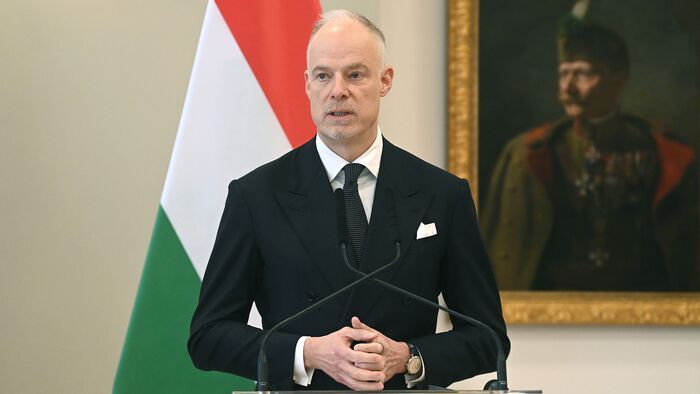
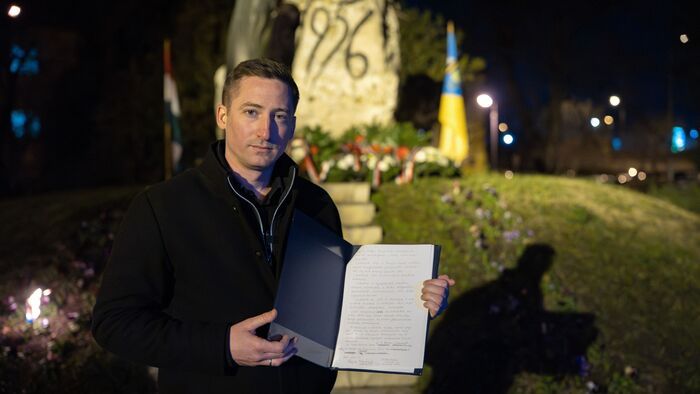
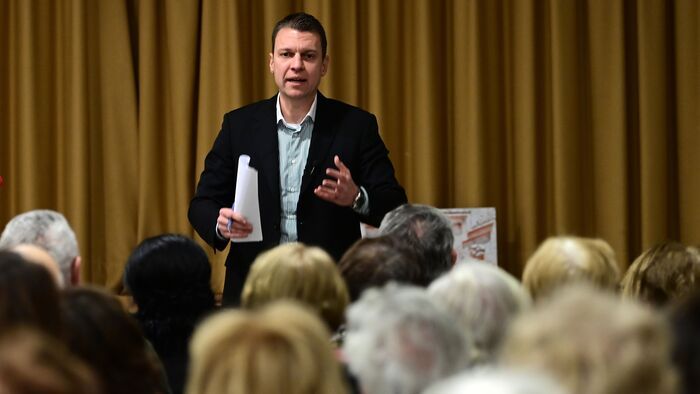
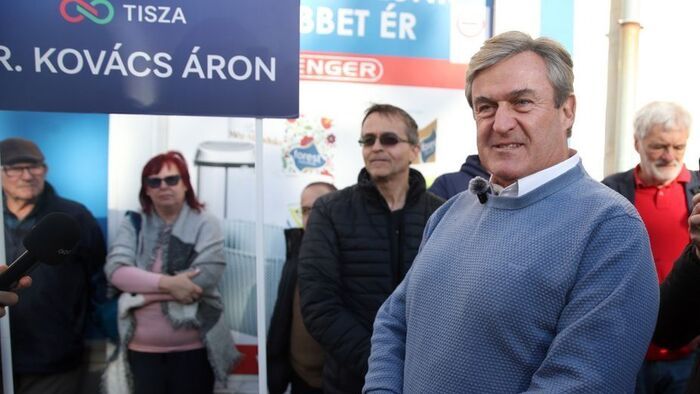
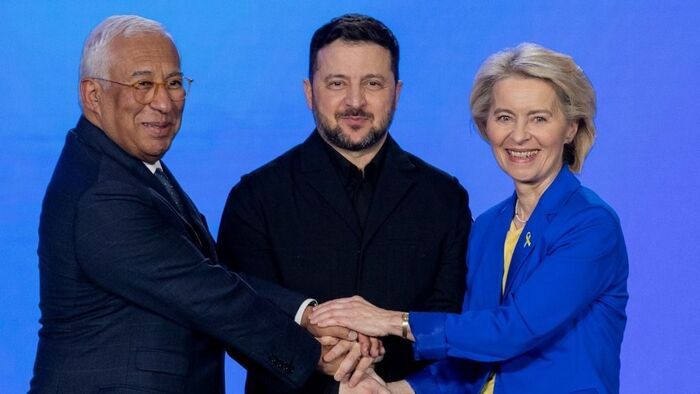
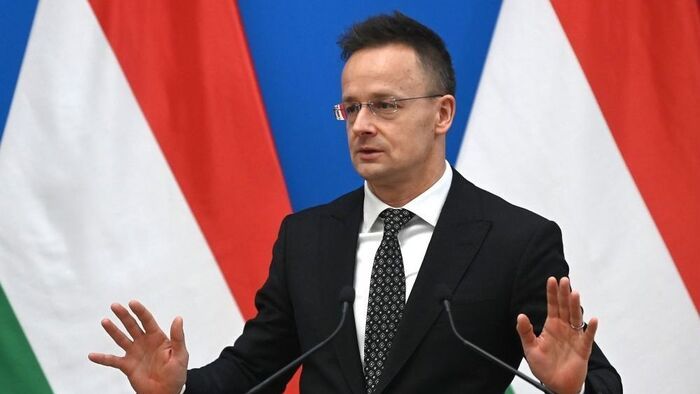
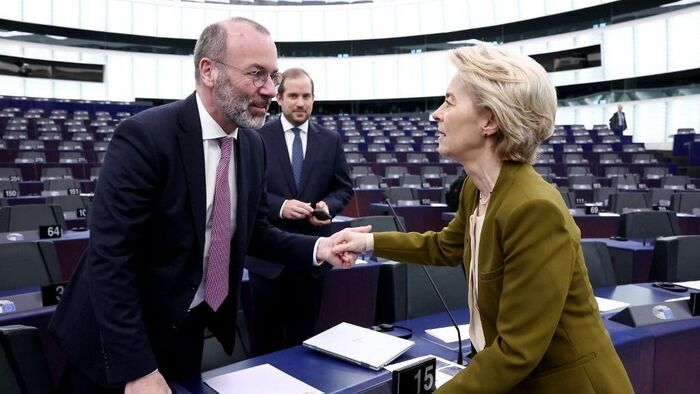


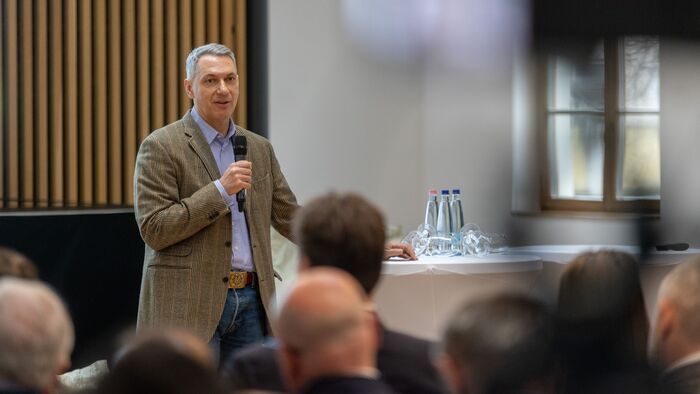
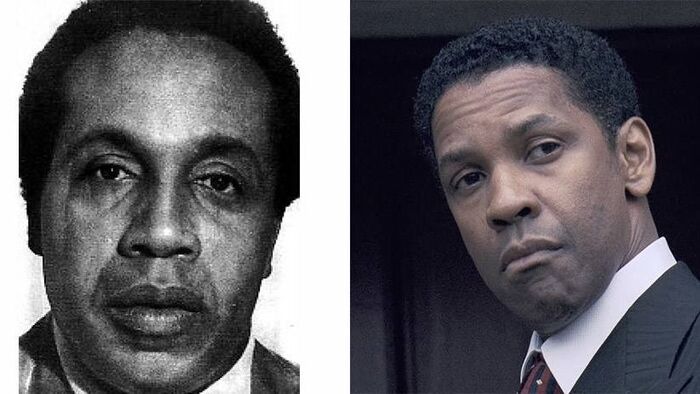

Szóljon hozzá!
Jelenleg csak a hozzászólások egy kis részét látja. Hozzászóláshoz és a további kommentek megtekintéséhez lépjen be, vagy regisztráljon!